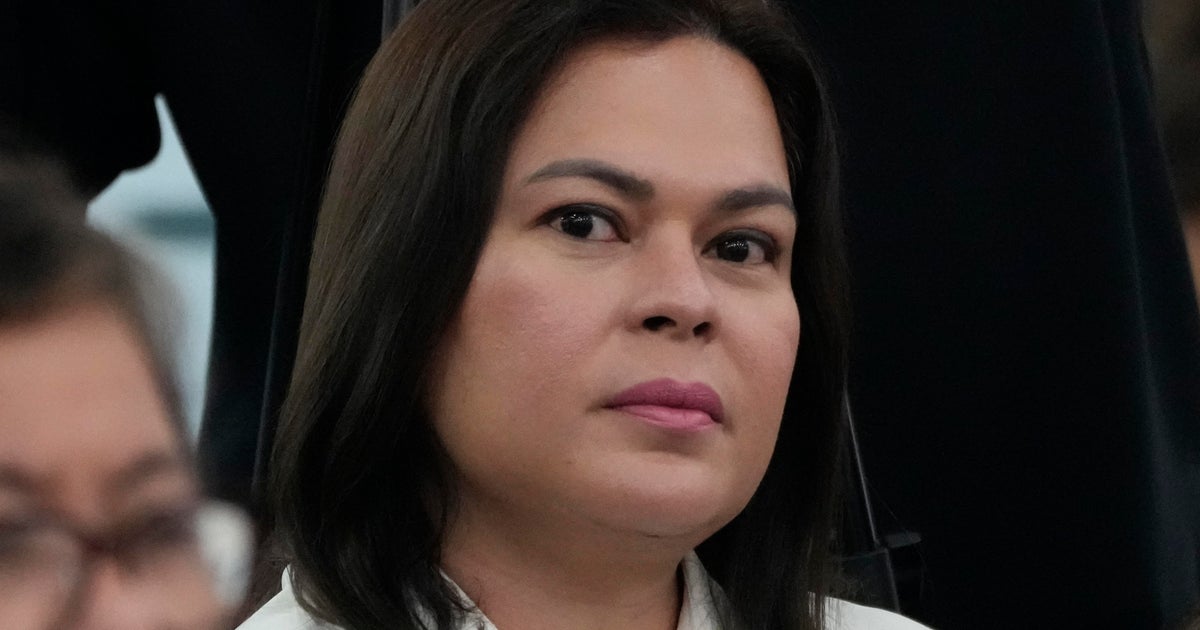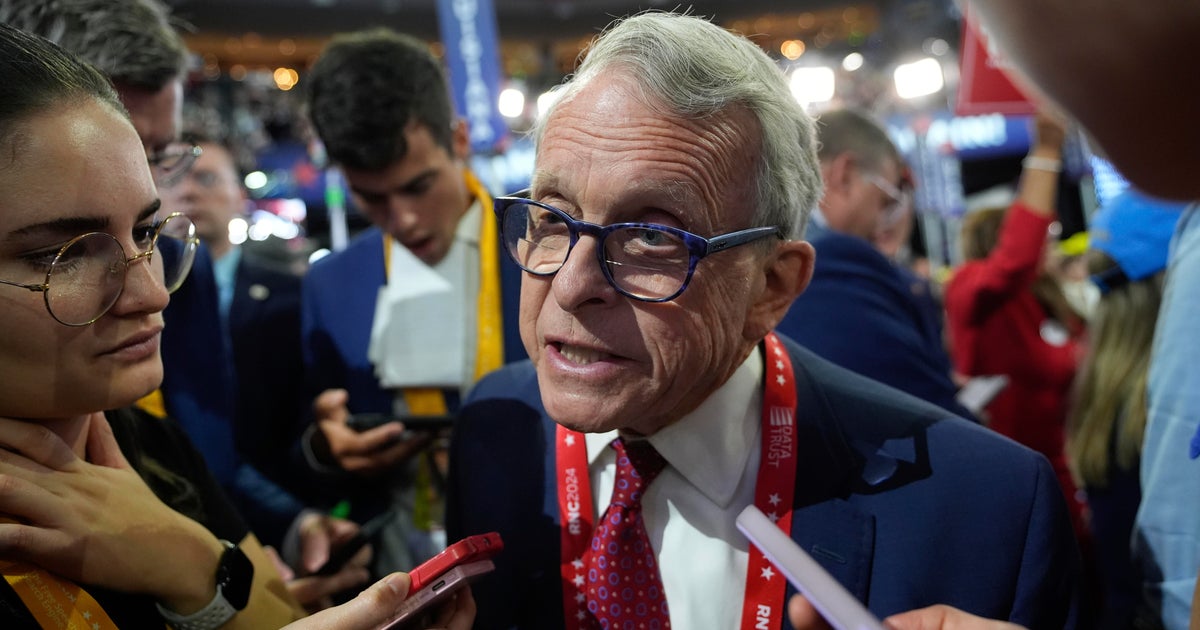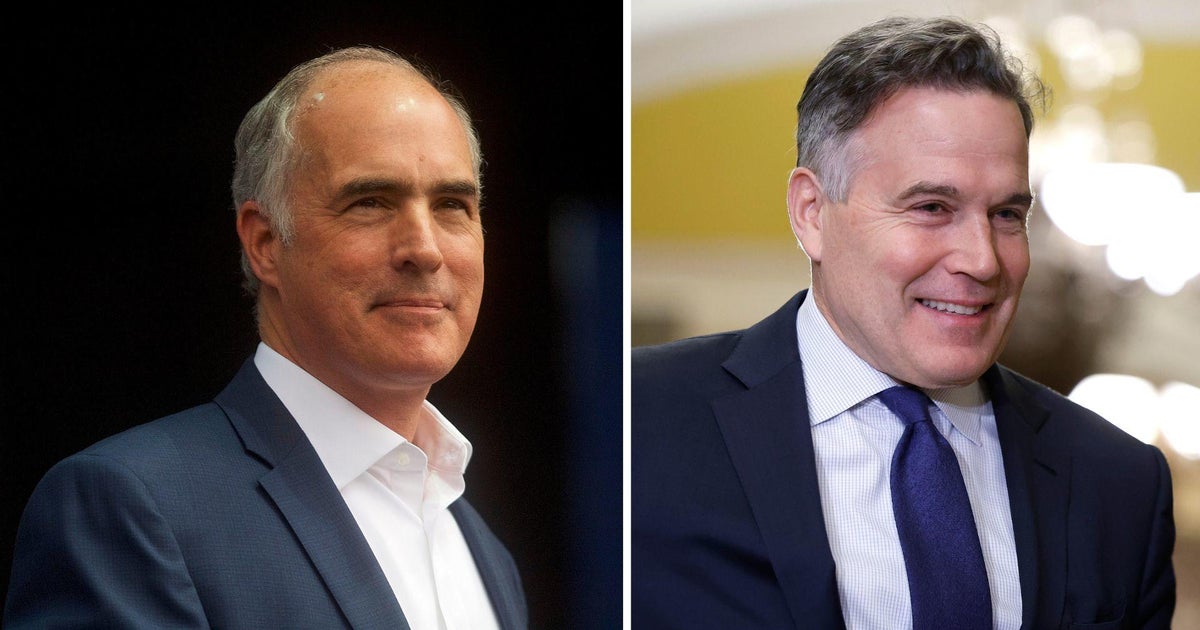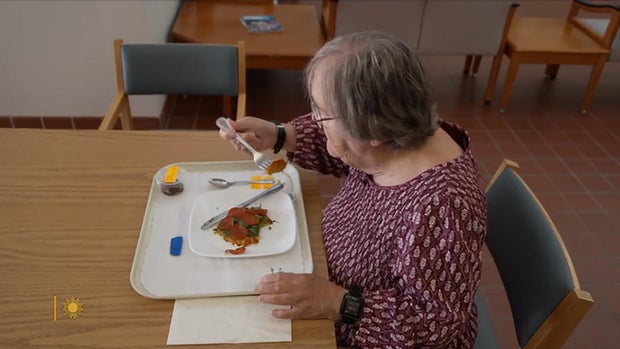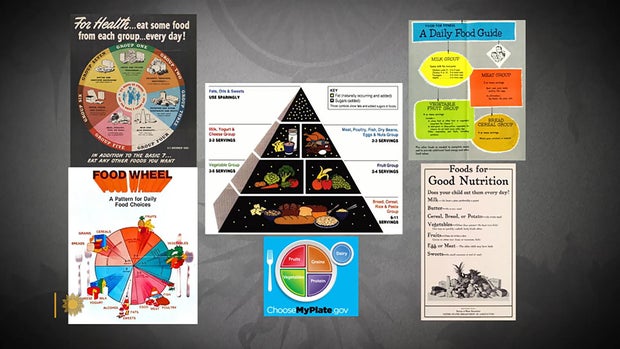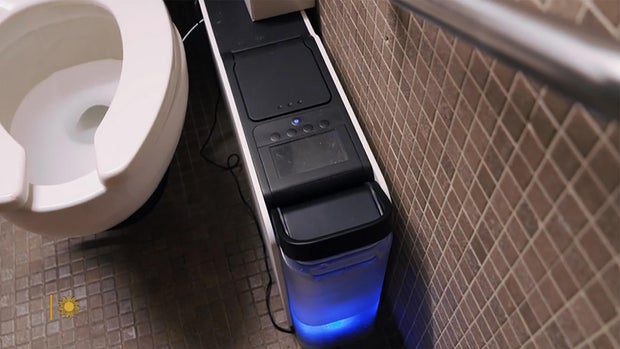CBS News
Rudy Giuliani served indictment in Arizona fake elector case
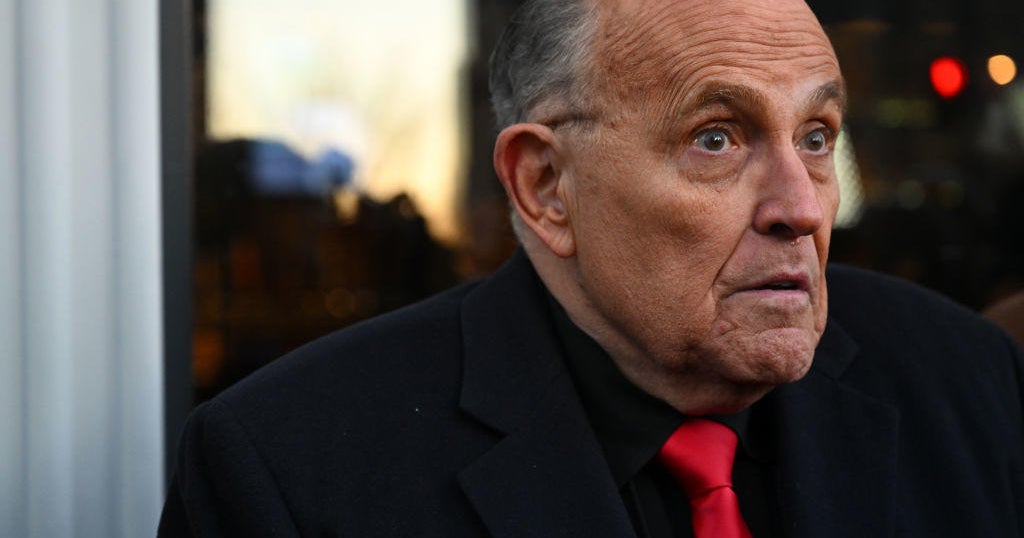
Arizona’s attorney general says former New York Mayor Rudy Giuliani has been served an indictment in the state’s fake elector case alongside 17 other defendants for his role in an attempt to overturn former President Donald Trump’s loss to President Biden in the 2020 election.
Arizona Attorney General Kris Mayes posted the news regarding the Trump-aligned lawyer on her X account late Friday.
“The final defendant was served moments ago. @RudyGiuliani nobody is above the law,” Mayes wrote.
The attorney general’s spokesman Richie Taylor said in an email to The Associated Press on Saturday that Giuliani faces the same charges as the other defendants, including conspiracy, fraud and forgery charges.
Giuliani’s political adviser, Ted Goodman, confirmed Giuliani was served Friday night after his 80th birthday celebration as he was walking to the car.
“We look forward to full vindication soon,” Goodman said in a statement Saturday.
The indictment alleges that Giuliani “pressured” Arizona legislators and the Maricopa County Board of Supervisors to change the outcome of Arizona’s election and that he was responsible for encouraging Republican electors in Arizona and six other contested states to vote for Trump.
Taylor said an unredacted copy of the indictment will be released Monday. He said Giuliani is expected to appear in court Tuesday unless he is granted a delay by the court.
Mark Meadows, Trump’s former chief of staff, is among others who have been indicted in the case.
Neither Meadows nor Giuliani were named in the redacted grand jury indictment released earlier because they had not been served with it, but they were readily identifiable based on descriptions in the document. The Arizona attorney general’s office said Wednesday that Meadows had been served and confirmed that he was charged with the same counts as the other named defendants, including conspiracy, fraud and forgery charges.
With the indictments, Arizona becomes the fourth state where allies of the former president have been charged with using false or unproven claims about voter fraud related to the election.
Giuliani faces other legal proceedings, and a bankruptcy judge this past week said he was “disturbed” about the status of the case and for missed deadlines to file financial disclosure reports. Giuliani filed for bankruptcy after being ordered to pay $148 million to two former election workers for spreading a false conspiracy theory about their role in the 2020 election.
Giuliani was also indicted last year by a grand jury in Georgia, where he is accused of spearheading Trump’s efforts to compel state lawmakers in Georgia to ignore the will of voters and illegally appoint pro-Trump electoral college electors.
Among the defendants are 11 Arizona Republicans who submitted a document to Congress falsely declaring that Trump won in Arizona in the 2020 presidential election — including a former state GOP chair, a 2022 U.S. Senate candidate and two sitting state lawmakers. The other defendants are Mike Roman, who was Trump’s director of Election Day operations, and four attorneys accused of organizing an attempt to use fake documents to persuade Congress not to certify Biden’s victory: John Eastman, Christina Bobb, Boris Epshteyn and Jenna Ellis.
Trump himself was not charged but was referred to as an unindicted co-conspirator.
The 11 people who had been nominated to be Arizona’s Republican electors met in Phoenix on Dec. 14, 2020, to sign a certificate saying they were “duly elected and qualified” electors and claiming that Trump carried the state. A one-minute video of the signing ceremony was posted on social media by the Arizona Republican Party at the time. The document was later sent to Congress and the National Archives, where it was ignored.
Biden won Arizona by more than 10,000 votes.
Eastman, who devised a strategy to try to persuade Congress not to certify the election, became the first person charged in Arizona’s fake elector case to be arraigned on Friday. He pleaded not guilty to conspiracy, fraud and forgery charges.
Eastman made a brief statement outside the courthouse, saying the charges against him should have never been filed.
“I had zero communications with the electors in Arizona (and) zero involvement in any of the election litigation in Arizona or legislative hearings. And I am confident that with the laws faithfully applied, I will be fully be exonerated at the end of this process,” Eastman said. He declined to make further comment.
Arraignments are scheduled May 21 for 12 other people charged in the case, including nine of the 11 Republicans who had submitted a document to Congress falsely declaring Trump had won Arizona.
The Arizona indictment said Eastman encouraged the GOP electors to cast their votes in December 2020, unsuccessfully pressured state lawmakers to change the election’s outcome in Arizona and told then-Vice President Mike Pence that he could reject Democratic electors in the counting of electoral votes in Congress on Jan. 6, 2021.
CBS News
A study to devise nutritional guidance just for you

It’s been said the best meals come from the heart, not from a recipe book. But at this USDA kitchen, there’s no pinch of this, dash of that, no dollops or smidgens of anything. Here, nutritionists in white coats painstakingly measure every single ingredient, down to the tenth of a gram.
Sheryn Stover is expected to eat every crumb of her pizza; any tiny morsels she does miss go back to the kitchen, where they’re scrutinized like evidence of some dietary crime.
Stover (or participant #8180, as she’s known) is one of some 10,000 volunteers enrolled in a $170 million nutrition study run by the National Institutes of Health. “At 78, not many people get to do studies that are going to affect a great amount of people, and I thought this was a great opportunity to do that,” she said.
CBS News
It’s called the Nutrition for Precision Health Study. “When I tell people about the study, the reaction usually is, ‘Oh, that’s so cool, can I do it?'” said coordinator Holly Nicastro.
She explained just what “precise” precisely means: “Precision nutrition means tailoring nutrition or dietary guidance to the individual.”
The government has long offered guidelines to help us eat better. In the 1940s we had the “Basic 7.” In the ’50s, the “Basic 4.” We’ve had the “Food Wheel,” the “Food Pyramid,” and currently, “My Plate.”
CBS News
They’re all well-intentioned, except they’re all based on averages – what works best for most people, most of the time. But according to Nicastro, there is no one best way to eat. “We know from virtually every nutrition study ever conducted, we have inner individual variability,” she said. “That means we have some people that are going to respond, and some people that aren’t. There’s no one-size-fits-all.”
The study’s participants, like Stover, are all being drawn from another NIH study program called All Of Us, a massive undertaking to create a database of at least a million people who are volunteering everything from their electronic health records to their DNA. It was from that All of Us research that Stover discovered she has the gene that makes some foods taste bitter, which could explain why she ate more of one kind of food than another.
Professor Sai Das, who oversees the study at Tufts University, says the goal of precision nutrition is to drill down even deeper into those individual differences. “We’re moving away from just saying everybody go do this, to being able to say, ‘Okay, if you have X, Y and Z characteristics, then you’re more likely to respond to a diet, and somebody else that has A, B and C characteristics will be responding to the diet differently,'” Das said.
It’s a big commitment for Stover, who is one of 150 people being paid to live at a handful of test sites around the country for six weeks – two weeks at a time. It’s so precise she can’t even go for a walk without a dietary chaperone. “Well, you could stop and buy candy … God forbid, you can’t do that!” she laughed.
While she’s here, everything from her resting metabolic rate, her body fat percentage, her bone mineral content, even the microbes in her gut (digested by a machine that essentially is a smart toilet paper reading device) are being analyzed for how hers may differ from someone else’s.
Nicastro said, “We really think that what’s going on in your poop is going to tell us a lot of information about your health and how you respond to food.”
CBS News
Stover says she doesn’t mind, except for the odd sounds the machine makes. While she is a live-in participant, thousands of others are participating from their homes, where electronic wearables track all kinds of health data, including special glasses that record everything they eat, activated when someone starts chewing. Artificial intelligence can then be used to determine not only which foods the person is eating, but how many calories are consumed.
This study is expected to be wrapped up by 2027, and because of it, we may indeed know not only to eat more fruits and vegetables, but what combination of foods is really best for us. The question that even Holly Nicastro can’t answer is, will we listen? “You can lead a horse to water; you can’t make them drink,” she said. “We can tailor the interventions all day. But one hypothesis I have is that if the guidance is tailored to the individual, it’s going to make that individual more likely to follow it, because this is for me, this was designed for me.”
For more info:
Story produced by Mark Hudspeth. Editor: Ed Givnish.
“Sunday Morning” 2024 “Food Issue” recipe index
Delicious menu suggestions from top chefs, cookbook authors, food writers, restaurateurs, and the editors of Food & Wine magazine.
CBS News
A new generation of shopping cart, with GPS and AI

Watch CBS News
Be the first to know
Get browser notifications for breaking news, live events, and exclusive reporting.
CBS News
“All hands on deck” for Idaho’s annual potato harvest

Watch CBS News
Be the first to know
Get browser notifications for breaking news, live events, and exclusive reporting.


